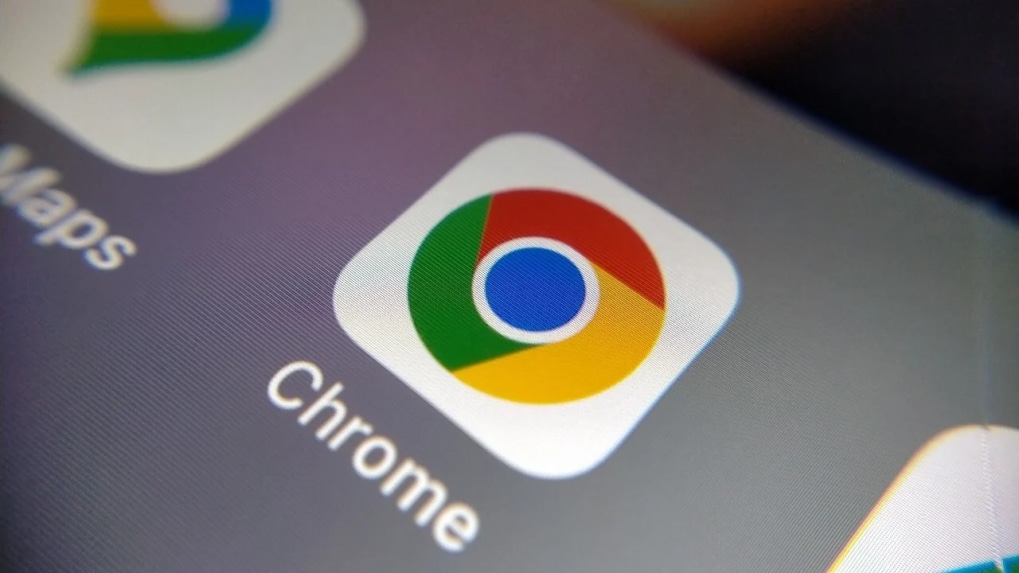Google integrates Gemini into Chrome as Sundar Pichai declares ‘next era’ for web browser
The feature brings artificial intelligence directly into everyday browsing.
ADVERTISEMENT
Google has announced the rollout of its Gemini AI model in the Chrome browser, marking what CEO Sundar Pichai described as the beginning of a new chapter for the world’s most widely used web browser.
The feature, now being introduced to users in the United States on Mac, Windows and mobile devices, brings artificial intelligence directly into everyday browsing. Pichai said that from the beginning, the company had clear goals for Chrome: simplicity, speed, and security. And now with AI, they have a chance to make the browser even safer, more intelligent and helpful. He added, “Our next Chrome era is just beginning.”
Read More: Google offers to level playing field for RMG apps; CCI seeks stakeholder feedback
According to Rick Osterloh, Google’s senior vice-president of platforms and devices, the update represents a fundamental shift in how browsers can assist users. Speaking to CNBC, he said that they are evolving the browser to help users get the most from the web—in ways that they didn’t think possible even a few years ago. He stressed on the fact that Chrome’s trademark speed and security would remain intact.
How Gemini in Chrome works
With Gemini embedded, Chrome users will be able to ask the AI to help complete tasks within the browser, such as understanding webpages, juggling multiple tabs, scheduling meetings, or searching for videos on YouTube.
Read More: Google offers to level playing field for RMG apps; CCI seeks stakeholder feedback
The AI can interpret the context of activity across tabs, integrate seamlessly with Google Docs, Calendar and other services, and provide tailored responses. On mobile, Gemini will soon be available on both Android and iOS, enabling users to summarise pages and ask questions on the move.
Google is also enhancing the Chrome address bar with an AI Mode, billed as its most advanced search function. This will allow users to enter complex, multi-part queries directly, follow up with additional questions, and explore relevant links without leaving the search bar.
The rollout signals Google’s intent to keep pace with rapid advances in generative AI, as rivals such as OpenAI and other startups intensify the competition for everyday user adoption.
Read More: Google Search helps power Alphabet’s $96.4 billion quarter as AI push gains speed


